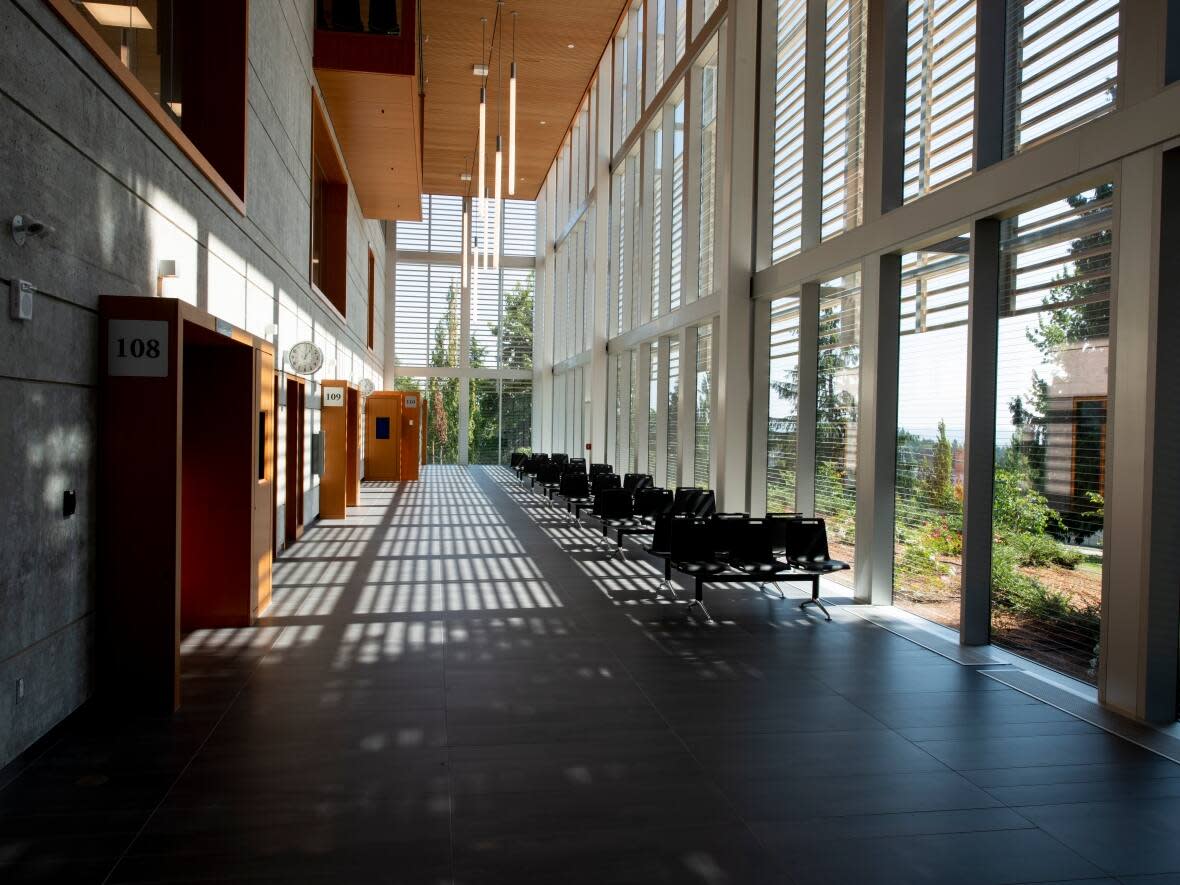B.C. immigration lawyer sentenced to 22 months in jail for forging documents

A B.C. immigration lawyer with deep ties to the province's South Asian and political communities has been sentenced to 22 months in jail after pleading guilty to 17 charges including forgery and the misrepresentation of facts.
Balraj Singh "Roger" Bhatti, 63, was charged in 2020 and accused of colluding with foreign nationals to make fraudulent claims for refugee protection in Canada. He was suspended by the Law Society of British Columbia at that time.
In announcing the charges, the Canada Border Services Agency (CBSA) said Bhatti, based in Delta, B.C., worked with an interpreter, Sofiane Dahak, in offences that involved people coming from Central Europe and took place between 2002 and 2014.
The CBSA began investigating Bhatti in 2012. Bhatti started practising law in 1983 and branched out to immigration law in 1990.

In his reasons for sentencing, recently posted online, B.C. Provincial Court Judge Mark Jetté wrote that at the time of the offences Bhatti was one of the busiest lawyers in the Lower Mainland representing clients seeking convention refugee status.
The court found that Bhatti forged notes in the name of his family physician and others saying clients were unwell in a bid to adjourn or postpone hearings with the Immigration and Refugee Board (IRB).
The notes often said that a client suffered a heart attack, loss of hearing or had kidney stones. The physicians whose letterhead was used for the documents testified in court that they had not prepared them.
The court said that Bhatti "submitted Hungarian police reports and/or medical records which he knew to be false, with the intention of inducing the IRB to make a finding in favour of his clients."
Bhatti's lawyers, including former B.C. attorney general Wally Oppal, asked for a conditional sentence for their client, who had no prior criminal convictions.
A conditional sentence was denied by Jetté due to the "seriousness of these offences," he wrote.
"The fact that Mr. Bhatti was acting in his capacity as a lawyer throughout, the impact Mr. Bhatti's conduct has had on the integrity of the convention refugee system in this county, and Mr. Bhatti's high degree of moral blameworthiness call for a sentence of institutional jail."
Community ties
The reasons for sentencing include sections that describe the work pressure Bhatti was under in representing so many clients.
His lawyers supplied several letters to the court, including one from former MLA Moe Sihota, who is married to Bhatti's wife's sister, describing the toll Bhatti's workload and commitment to his clients was taking on his health.
A clinical and forensic psychologist also provided evidence that Bhatti had severe depression at the time of the offences, which was exacerbated by his work habits.
"It was apparent that Mr. Bhatti's busy practice and work habits were taking both a physical and emotional toll," wrote Jetté.
The reasons also weigh how a sentence to be served in jail could further undermine Bhatti's health and his responsibilities to his family and community.
Reputation 'damaged beyond repair'
Bhatti's father, Kesar, was president of the Khalsa Diwan Society and instrumental in the building of the Sikh Temple on Ross Street in Vancouver. His wife, Debbie Parhar, was a special assistant in Mike Harcourt's office when he was B.C. premier. She later became Bhatti's office bookkeeper.
"He is part of a close-knit Indo-Canadian community; his reputation within that community in particular has been damaged, likely beyond repair," wrote Jetté. "His wife has suffered and will continue to suffer as a result of his actions."
Jetté also considered aggravating factors in the sentencing, writing that creating false medical and police reports, "was a sophisticated and premeditated course of conduct which continued over a period of years, and impacted multiple claims."
Interpreter sentence
In mid-June 2021, Dahak entered guilty pleas and received a conditional sentence of two years less a day with conditions that included house arrest for the first eight months, a curfew for the next eight months and 100 community work hours. He was also fined $14,000.
The CBSA said in 2020 that most of the claimants from Bhatti and Dahak's offences were found not to be refugees and were removed from Canada.

 Yahoo Movies
Yahoo Movies 
